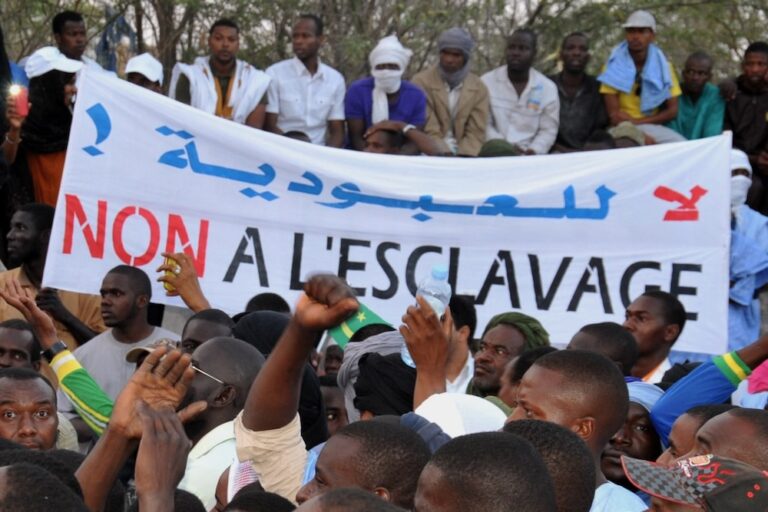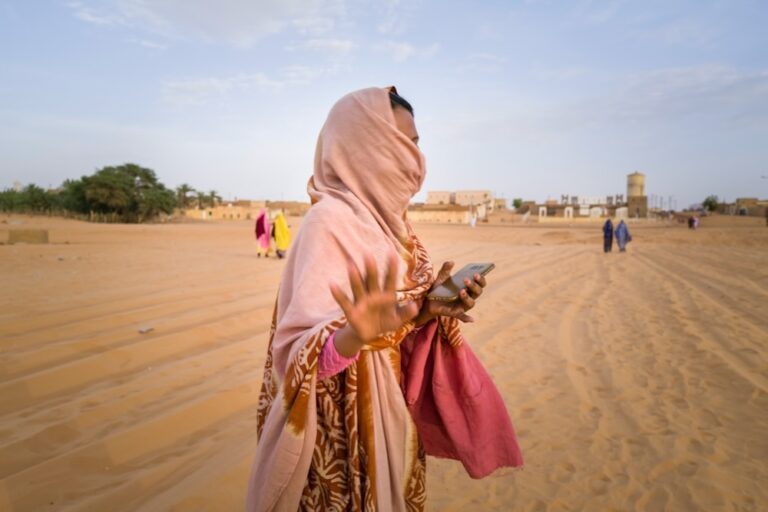(RSF/IFEX) – On 14 January 2003, RSF denounced the Mauritanian government’s ban on the latest issue of the weekly Arabic-language newspaper “Sahafa”. The issue was censored because it contained a report on opposition activities abroad. “This ban demonstrates once again that the authorities will not tolerate the independent press giving a voice to opposition figures,” […]
(RSF/IFEX) – On 14 January 2003, RSF denounced the Mauritanian government’s ban on the latest issue of the weekly Arabic-language newspaper “Sahafa”. The issue was censored because it contained a report on opposition activities abroad.
“This ban demonstrates once again that the authorities will not tolerate the independent press giving a voice to opposition figures,” RSF Secretary-General Robert Ménard said in a letter to Interior Minister Lemrabott Sidi Mahmud Ould Sheikh Ahmed, while calling on him to reverse the ban.
The ministry, which has censored eight publications over the past year, banned the printing of the 13 January issue of “Sahafa” under Article 11 of the 1991 Press Law, which provides for censorship of material that “harms the reputation of the state.” In such instances, the ministry is not required to offer any justification for its decision. It is simply required to provide the newspaper and printer with “written notification” of its decision.
“Sahafa” editor Mohammed Mahmud Ould Bacar said the report on the opposition’s activities abroad included news about the French-based underground group Conscience et Résistance. Bacar, who is a member of the National Committee for Journalism Ethics (Comité pour le respect de l’éthique et de la déontologie, CRED), was arrested by plainclothes police officers on 19 September 2002 at Nouakchott airport. He was questioned about his alleged links with Conscience et Résistance and released two days later.


